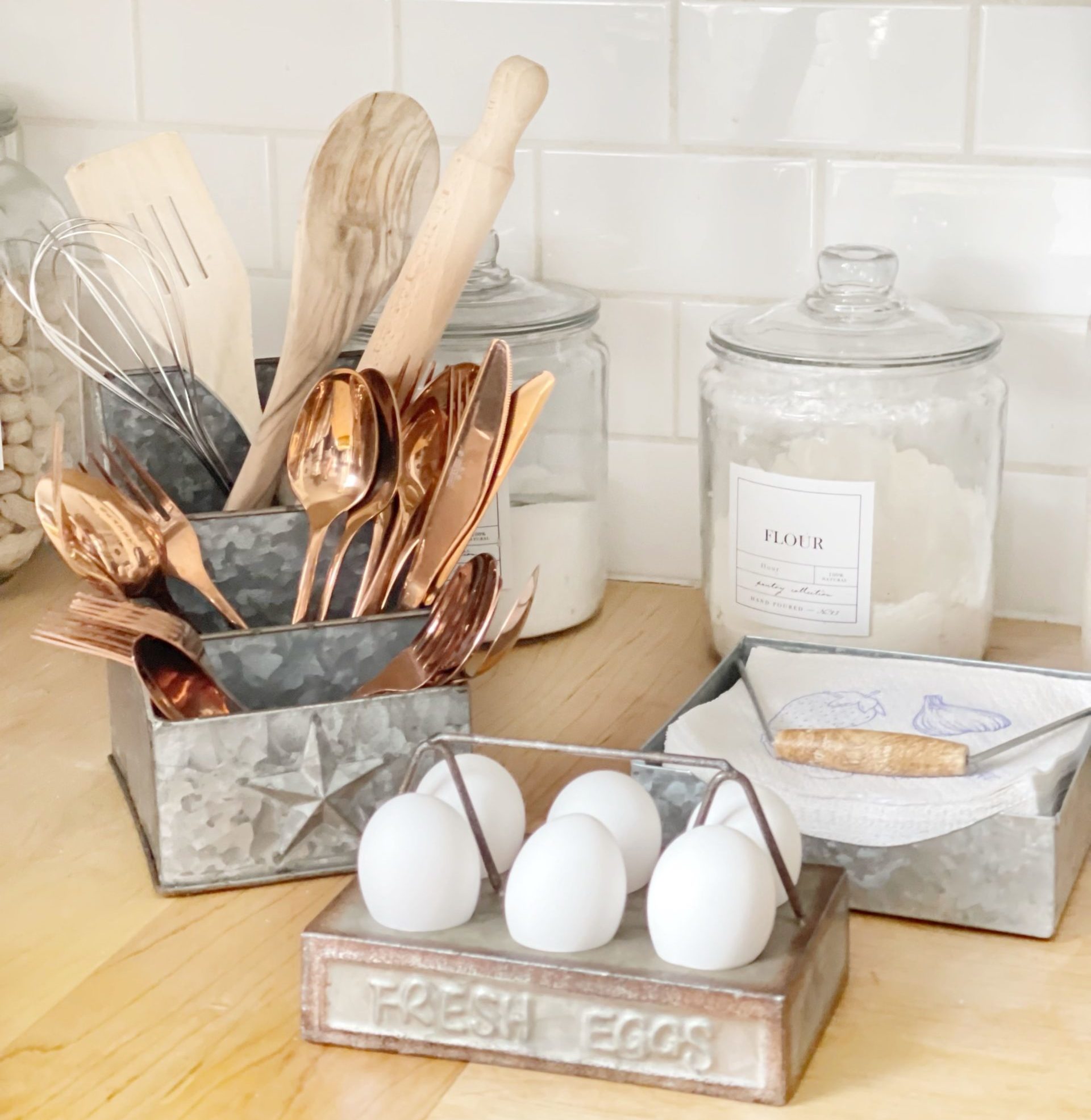Furniture for Peer Support and Community Spaces in Mental Health Care
In mental health care settings, creating environments that promote healing, connection, and support is essential.
Furniture plays a key role in shaping the atmosphere of these spaces, particularly in peer support and community centre areas, where individuals come together to share experiences, build relationships, and foster a sense of belonging.
Thoughtfully designed furniture can not only enhance comfort but also contribute to the emotional and social well-being of individuals in these settings.
Peer support spaces—where people in recovery or those dealing with mental health challenges can offer mutual support—require flexible, inviting, and non-institutional furniture.
Unlike clinical settings, these spaces should feel more like home, offering a sense of safety and ease.
Knightsbridge Furniture in Australia has a range of comfortable seating arrangements, such as soft lounge chairs or modular seating, creating a welcoming environment conducive to open conversation.
Group seating layouts, like circular or semi-circular configurations, encourage inclusivity and ease of interaction, allowing individuals to feel more engaged and less isolated.
Incorporating movable furniture also allows for adaptability. These spaces often need to shift based on the size and nature of the group.
Modular pieces, foldable tables, and lightweight chairs enable easy rearrangement, providing a more versatile setting that can accommodate both small, intimate groups and larger community gatherings.
Another important consideration is accessibility. Furniture should be designed with the physical comfort of all individuals in mind, including those with mobility challenges.
Adjustable chairs, wider seats, and accessible tables that can accommodate wheelchairs or walkers ensure that all participants can engage without barriers.
Additionally, materials should be durable yet comfortable, with soft fabrics or cushions that promote relaxation and reduce stress.
Design aesthetics also play a critical role in fostering a positive and supportive atmosphere. Soft colours, natural materials, and calming textures can reduce anxiety and help create a sense of calm and stability.
Furniture that blends functionality with warmth, such as wooden tables or plush seating, contributes to an environment that feels nurturing and respectful.
Ultimately, furniture in peer support and community spaces for mental health care is more than just a practical necessity.
It is a tool for creating an atmosphere that supports well-being, encourages interaction, and promotes the healing power of community.
By prioritizing comfort, accessibility, and flexibility, these spaces can become sanctuaries of connection and recovery for all who enter them.
Understanding Mental Health Needs
Understanding the mental health needs of individuals and communities is crucial in designing effective support services. Mental health needs can vary greatly depending on factors such as age, cultural background, and socioeconomic status. It is essential to consider the unique needs of each individual and community when developing support services.
Research has shown that individuals with lived and living experiences of mental illness are best placed to inform the design of mental health services. This is because they have a deep understanding of what works and what doesn’t in terms of support and treatment. Albury Wodonga Health, for example, has established a consumer advisory group to ensure that the voices of individuals with lived experience are heard in the design and delivery of mental health services.
Community-based mental health services are also essential in providing support and treatment to individuals with mental health needs. These services can provide a range of support options, including counselling, group therapy, and education programs. They can also provide a safe and welcoming environment for individuals to share their concerns and receive support.
Designing Supportive Environments
Designing supportive environments is critical in providing effective mental health support. A supportive environment can help individuals feel safe, comfortable, and supported, which is essential for their mental well-being. When designing supportive environments, it is essential to consider the physical and emotional needs of individuals.
Research has shown that physical environments can have a significant impact on mental health. For example, natural light, comfortable seating, and calming colours can all contribute to a supportive environment. It is also essential to consider the emotional needs of individuals, such as the need for privacy, confidentiality, and respect.
Community safe spaces are excellent examples of supportive environments. These spaces provide a welcoming and safe environment for individuals to share their concerns and receive support. They are often designed in consultation with individuals with lived experience, ensuring that they meet the unique needs of each community.
Essential Furniture and Features
Essential furniture and features are critical in creating a supportive environment. When designing a supportive environment, it is essential to consider the physical and emotional needs of individuals.
Technology and multimedia integration can also play a critical role in creating a supportive environment. For example, virtual reality technology can be used to provide immersive therapy experiences, while multimedia resources can provide education and support to individuals.
Community-based mental health services often prioritize the use of essential furniture and features in their design. The use of comfortable seating and natural light can help create a welcoming and safe environment for individuals to share their concerns and receive support.

